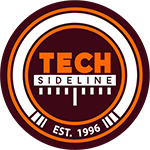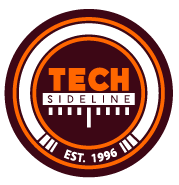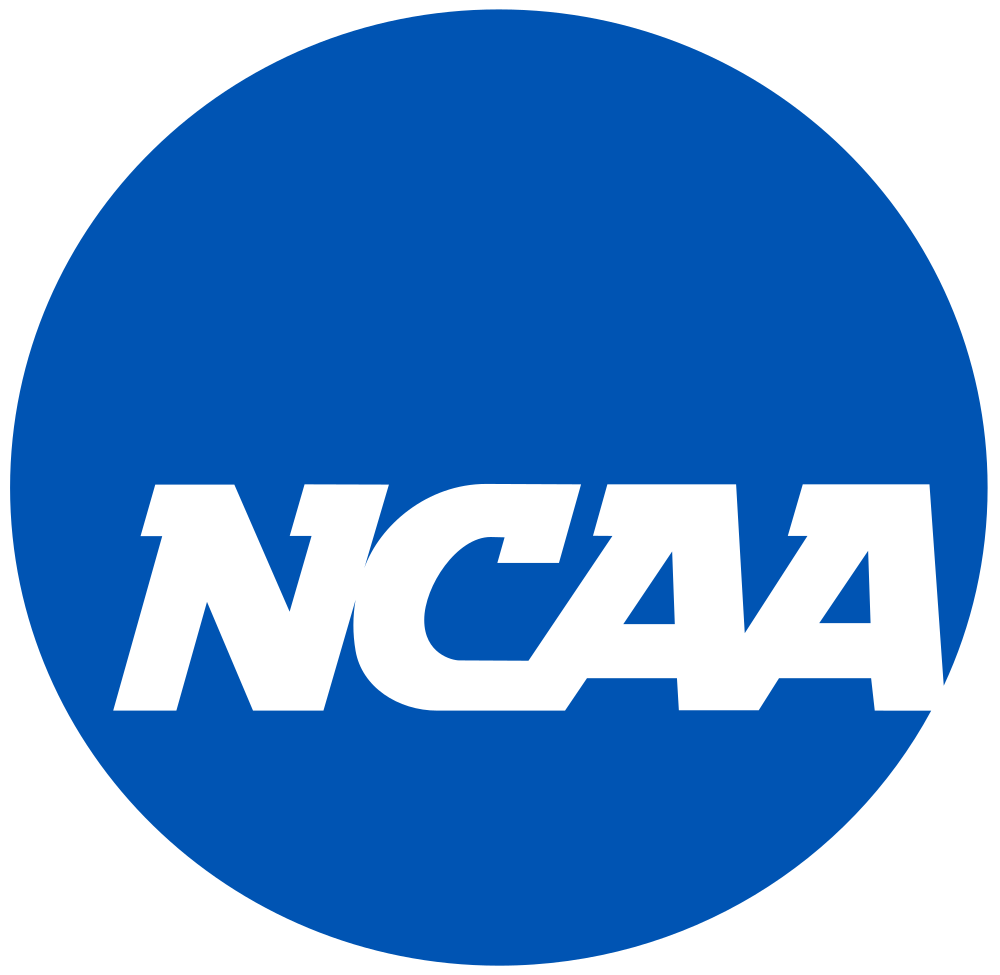The NCAA’s Division I Council, the group responsible for the day-to-day decision-making for Division I, voted last Friday to institute several changes that could significantly shift college football recruiting. The proposal includes the additions of an early signing period and a 10th assistant coach.
The legislation followed a study by a subgroup of the Football Oversight Committee and decisions are not final until the close of the Division I Board of Directors meeting April 26. The Collegiate Commissioners Association must also sign off on the changes, but that’s considered a formality that will occur in June.
ACC Commissioner John Swofford praised the decision.
“I’m pleased with the productive football discussions that have taken place this past year and ultimately led to today’s decision by the Division I Council,” Swofford said in a news release. “The ACC is supportive overall and, although not perfect for everyone in every instance, it is significant positive progress for the sport and its student-athletes.”
Football Bowl Subdivision (FBS) members voted 14-1 for the proposal. Voting is weighted with autonomy conference representatives receiving two votes and others receiving one. In separate business, the Council also voted to eliminate two-a-days contact practices in the preseason, effective immediately. That decision followed a blanket waiver issued earlier that allowed football preseason to start up to a week earlier, while retaining 29 preseason practices. Virginia already had decided to eliminate two-a-days with that waiver in place.
The recruiting legislation hopes to make the recruiting process better for prospective student-athletes and their families. An outline of the major changes:
- Allows for an early signing period in December, effective Aug. 1, 2017.
- Allows FBS schools to hire a 10th assistant coach, effective Jan. 8, 2018.
- Limits FBS schools to signing 25 prospective and current student-athletes, effective for recruits that sign after Aug. 1, 2017. There are exceptions for current student-athletes who have been enrolled full-time at the school for at least two years and for current student-athletes who suffer an incapacitating injury.
- Limits FBS coaches’ ability to participate in camps and clinics to 10 days in June and July and requires that the camps and clinics take place on a school’s campus or at facilities regularly used by the school for practice or competition. Football Championship Subdivision can conduct and participate in camps during the months of June and July.
- Coaches employed at a camp or clinic will be allowed to have recruiting conversations with participating prospects. Educational sessions must be held at all camps. Effective immediately.
- Adds a period for official visits that begins April 1 of the prospects’ junior year and ends the Sunday before the last Wednesday in June that year. Official visits cannot occur in conjunction with a prospects’ participation in a school’s camp or clinic. Effective Aug. 1, 2017.
- Prevents FBS schools from hiring people close to a prospective student-athlete for a two-year period before and after the student’s anticipated and actual enrollment at the school, a rule already adopted by men’s basketball since 2010 and effective immediately.
Council chair Jim Phillips, Northwestern’s vice president for athletics and recreation, praised the legislation.
“Today’s adoption of the football legislation marks the most significant progress in recent years to improve the football environment and culture for current and prospective student-athletes and coaches,” Phillips said in a news release. “Importantly, the action of the NCAA Division I Council delivers on the charge of the Division I Board of Directors to comprehensively improve the football recruiting environment. This affirms that the new Division I governance structure can effectively and timely address important issues.”













Tech Sideline is Presented By: